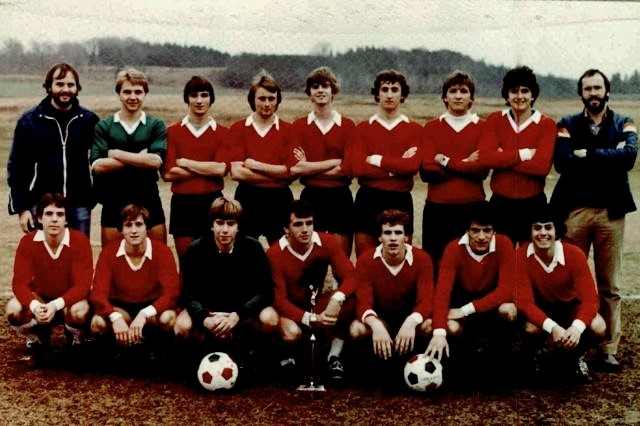1982-2021 – 40 Years of Carleton Men’s Soccer

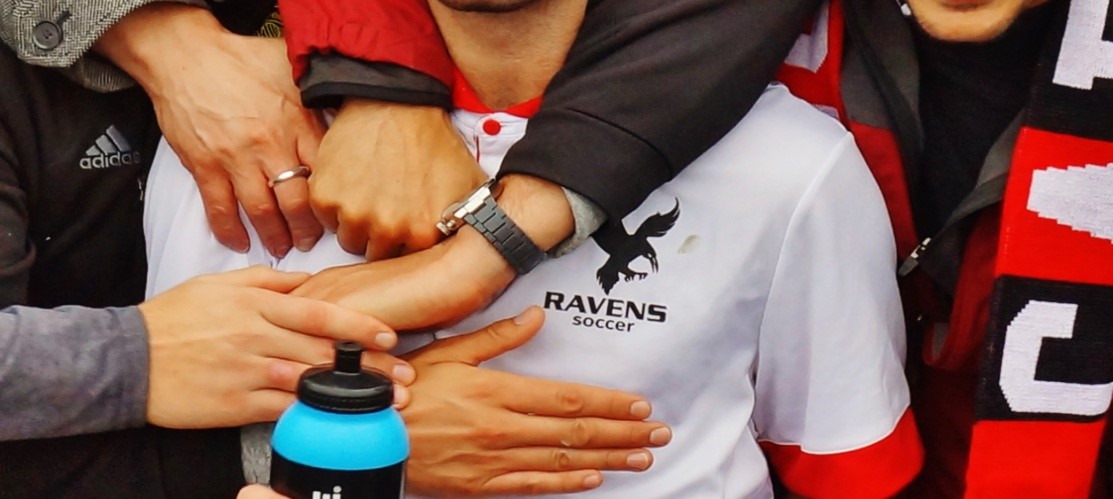
The roots of the Carleton Men’s Soccer program go back to the early 1970’s, however 1982 is the year we entered the Ontario University Athletic Association and embark on our historical varsity voyage.
This is nearly four decades of a continuing story. It is a personal chronicle for many of us who have had the privilege of going through the program and developing ourselves. It wasn’t for every student athlete, but for those who enjoyed the experience, or gleaned anything from it, there were few things like it in our sporting lives.
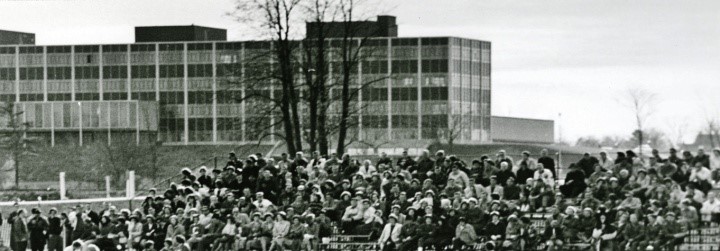
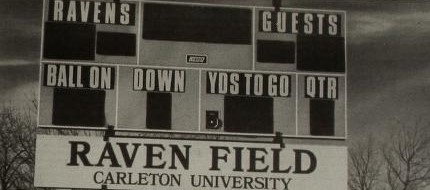
Most of this information has come from archived Charlatan Newspaper articles, CIAU/CIS/U-Sport, OUAA/OUA, Carleton University Athletics, personal records, as well as notes from former players. All of this was then used to compile a season-by-season historical portrait of the Carleton Ravens Men’s Varsity Soccer Program.
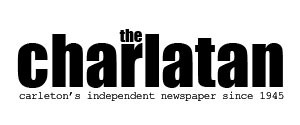
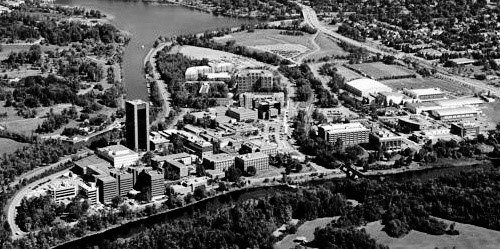
The Charlatan certainly needs to be acknowledged for keeping pretty impressive records and taking some classic photos. Their resourcefulness and commitment to reporting on student athletes and programs allowed for vital information like this to be accessed. Many thanks as well to fellow Ravens chipping in with information; Sam McHugh and Jason DaCosta for their thoughts and detailed accounts of time spent as Ravens. There are quite a few former players who have contributed their time to the CSAA by organizing events, mentoring, promoting and fundraising – too many to talk about but some will get a mention here. The Alumni presidents – Mike Lanos, Stephen Ball, Basil Phillips, Jason DaCosta and Mike Hoefler deserve praise for their commitment to the CSAA. Joe Gabor and Alex Zaslavsky deserve credit for their early web-site work in the embryonic stages of the internet. And the entire Hoefler family also merits tribute for their tireless and creative contributions to our current internet presence and Alumni events.
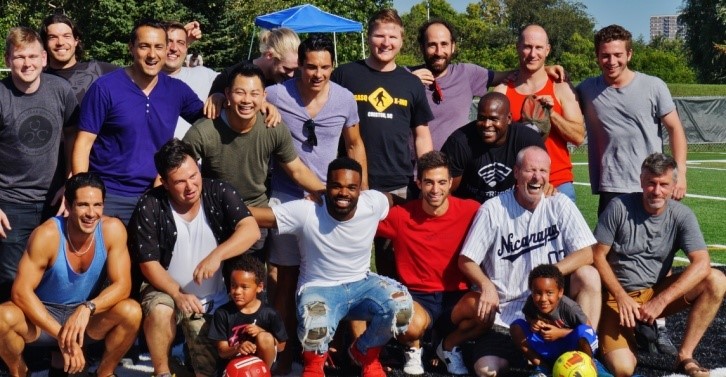
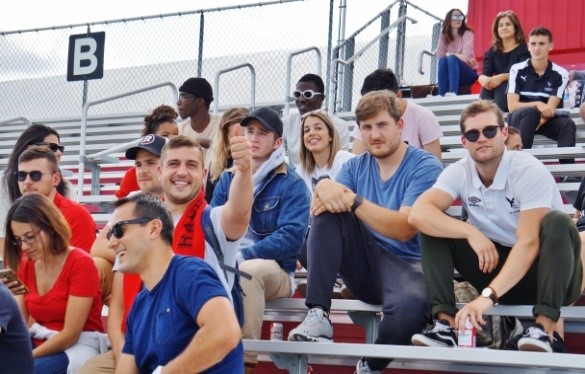
Much gratitude, as well, to all of the coaches, managers and trainers, but especially Brian Burns and Glen Shirtliffe (Original Ravens), Bill Thompson for putting the program in the national spotlight, and Sandy Mackie for his longevity, commitment & success to the program, and his vision in helping establish the formalization and prosperity of our alumni association chapter.

Ours is a rich heritage that spans 39 playing seasons, with roots far beyond that, and has involved more than 350 student athletes representing their school both on and off the field. We are no longer a young program and have built a reputation for excellence through hard-work, commitment, and a team-first attitude. Not only has Carleton Soccer produced and showcased some of the best players in the amateur game, but it also seems to have produced an interesting, diverse and sometimes strange array of characters that still love coming together to see each other and support the program.

We also came to Carleton get an education, so here is brief history of the place many of us have called home:
Carleton College, a non-denominational institution, was founded in 1942 at the height of World War II by the Ottawa Association for the Advancement of Learning. It was originally located in a rented building and only offered night courses in public administration and introductory university subjects. In 1945, the College began expanding to meet the needs of veterans coming home. The Faculty of Arts and Science was established, which included courses in journalism and first-year engineering.
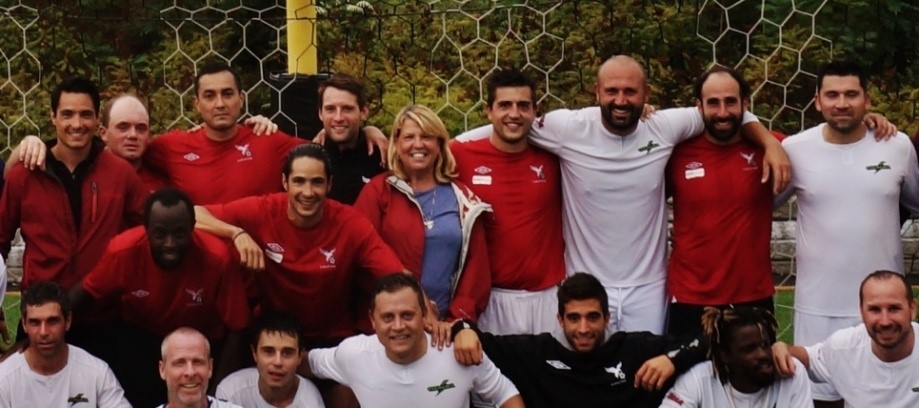
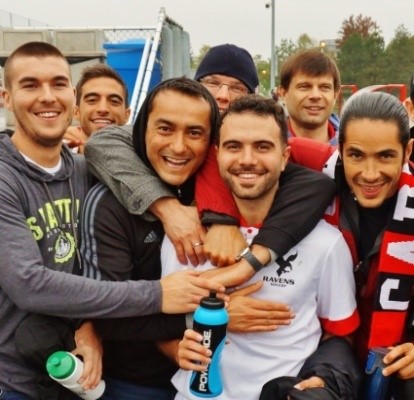
“I learned very early the life lesson that it is people, not buildings that make up an institution. And if we put our hearts to it we can do something worthwhile.” – Henry Marshall Tory (First President of Carleton College)
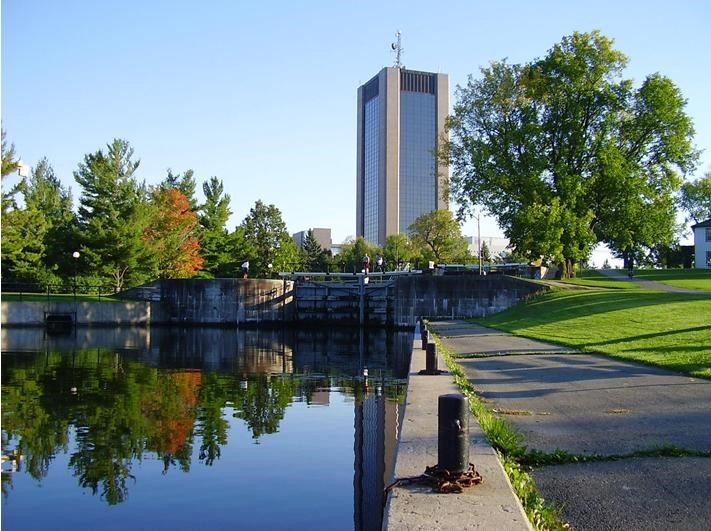
In 1946 the college moved to The Glebe along First Avenue at the former Ottawa Ladies’ College. Its first degrees were conferred in 1946 to graduates of its programs in Journalism and Public Administration. For nearly a decade the College operated on a shoestring budget, with funds raised mainly through community initiatives and modest student fees. During the war, student fees were kept low and Carleton gave special grants to veterans returning home who wished to continue their studies. The faculty was composed largely of part-time professors and young scholars at the beginning of their careers.

In 1952 the Carleton College Act was passed by the Ontario Legislature, changing the official corporate name to Carleton College and officially conferring the power to grant degrees. Carleton thus became the province’s first private, non-sectarian college. In the same year, the 62 hectare property nestled between the Rideau Canal and the Rideau River on which the current campus is located was acquired. Some of the land was donated by a prominent Ottawa businessman Harry Southam. Construction began on the new campus in 1953. In 1957, Carleton was officially granted status as a public university and thus changing its name to Carleton University. In 1959 construction was completed on the new Rideau River campus, and Carleton moved to its current location. The original buildings included three that still stand today, the Maxwell MacOdrum Library, Norman Paterson Hall and the Henry Marshall Tory Building.
Carleton’s motto, “Ours the Task Eternal,” is taken from Walt Whitman’s classic poem, Pioneers! O Pioneers!
